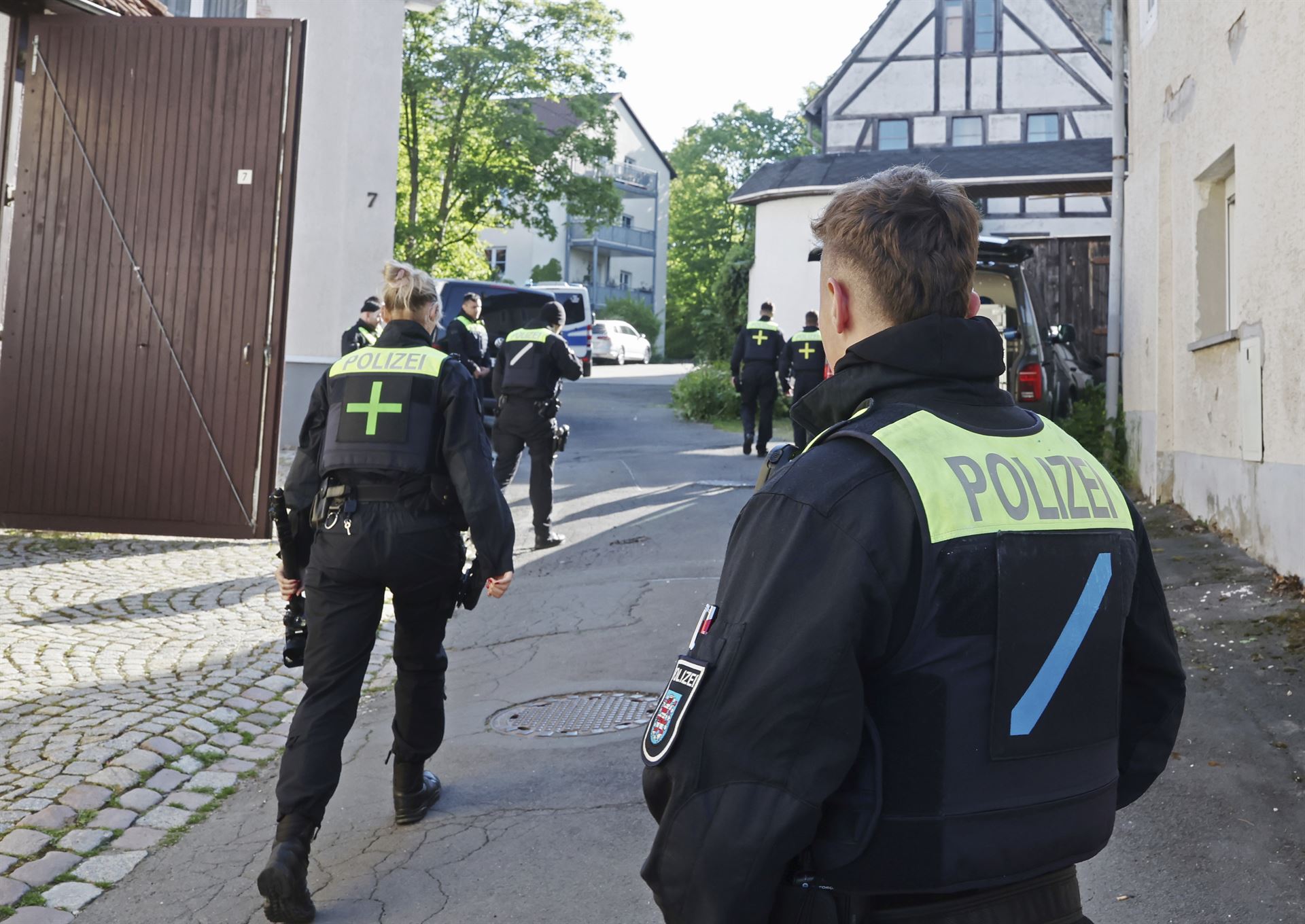
BERLIN - Police arrested four people on Tuesday linked to a radical group seeking to replace the modern German state, prosecutors said, in the latest operation against a movement flagged as a potential threat to democracy.
The arrests took place as part of raids against the Koenigreich Deutschland, or 'Kingdom of Germany', after the interior ministry banned the group, which prosecutors said had established shadow institutions for a new state in line with a far-right ideology known as the 'Reichsbuerger' movement.
One of the four people arrested was the movement's self-declared sovereign, the prosecutors said.
ALSO READ: German spy agency labels far-right AfD as 'extremist'
Germany's domestic intelligence service put the Reichsbuerger movement under observation in 2016, shortly after one of its members shot dead a policeman during a raid at his home.
Scrutiny of the movement, which is broad and covers a number of conspiratorial theories questioning the legitimacy of the modern German state, intensified in December 2022 when authorities thwarted advanced plans for an armed coup.
READ MORE: Germany's far-right poised for expanded parliamentary role
Its adherents believe that today's German democracy is an illegitimate facade and that they are citizens of a monarchy which, they maintain, endured after Germany's defeat in World War One, despite its formal abolition.
Police acted on four arrest warrants on Tuesday for suspects identified as Mathias B, Peter F, Benjamin M and Martin S, omitting their surnames in line with German privacy laws.
READ MORE: Austria's three-party government takes office, shutting out far right
Prosecutors said they are the ringleaders of a criminal organization that had set up "pseudo-state-like structures and institutions", including a bank and insurance system, an authority printing "fictional documents" and its own currency.
Peter F was the group's "supreme sovereign", with oversight and decision-making powers over the group's key areas, a statement from the prosecutors said.
Interior Minister Alexander Dobrindt said the group's 6,000 members had created a "counter-state" in Germany and were undermining the legal system.
"They underpin their supposed claim to power with antisemitic conspiracy narratives," Dobrindt said.
The order to ban the group was made just before the raids, the ministry said.


